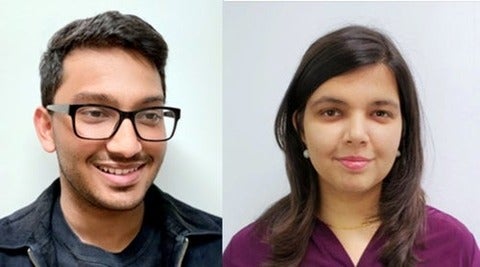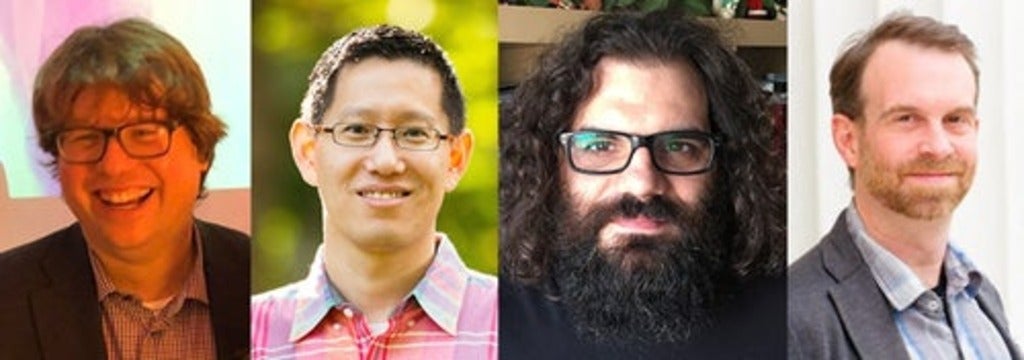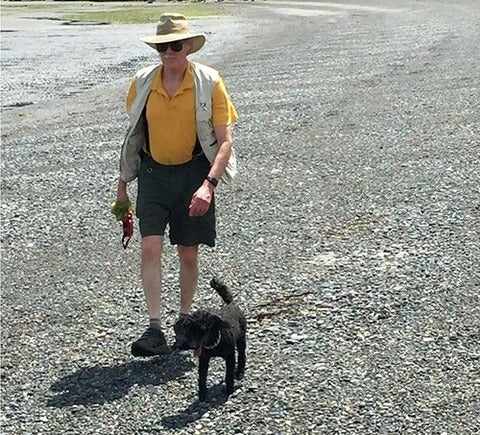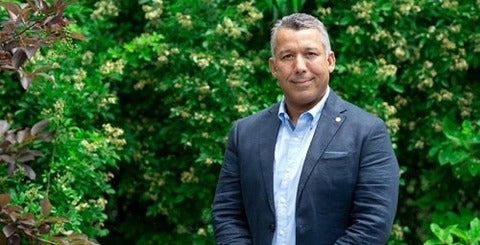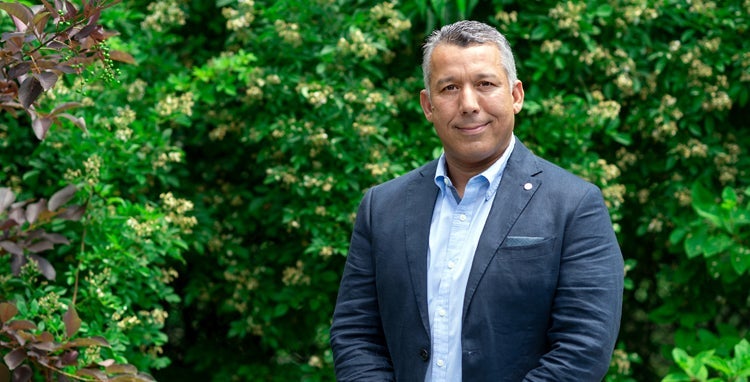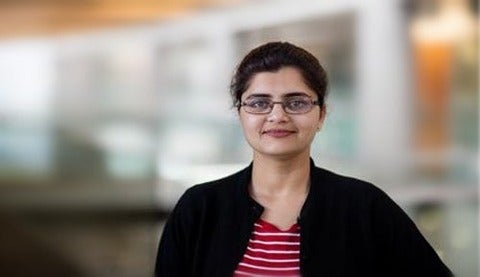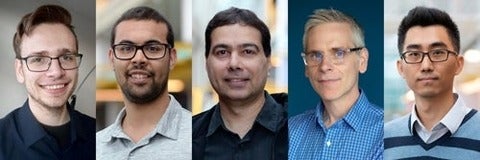Elevating haptics: A touchless elevator concept proposes an accessibility-driven solution to slowing the spread of COVID-19
By Marisa Benjamin, Research Communications Officer, The Games Institute
Motivated by previous research that found that elevator buttons are a huge source of contamination, a new study co-authored by a Cheriton School of Computer Science student presents a touchless elevator concept to slow the spread of COVID-19.
